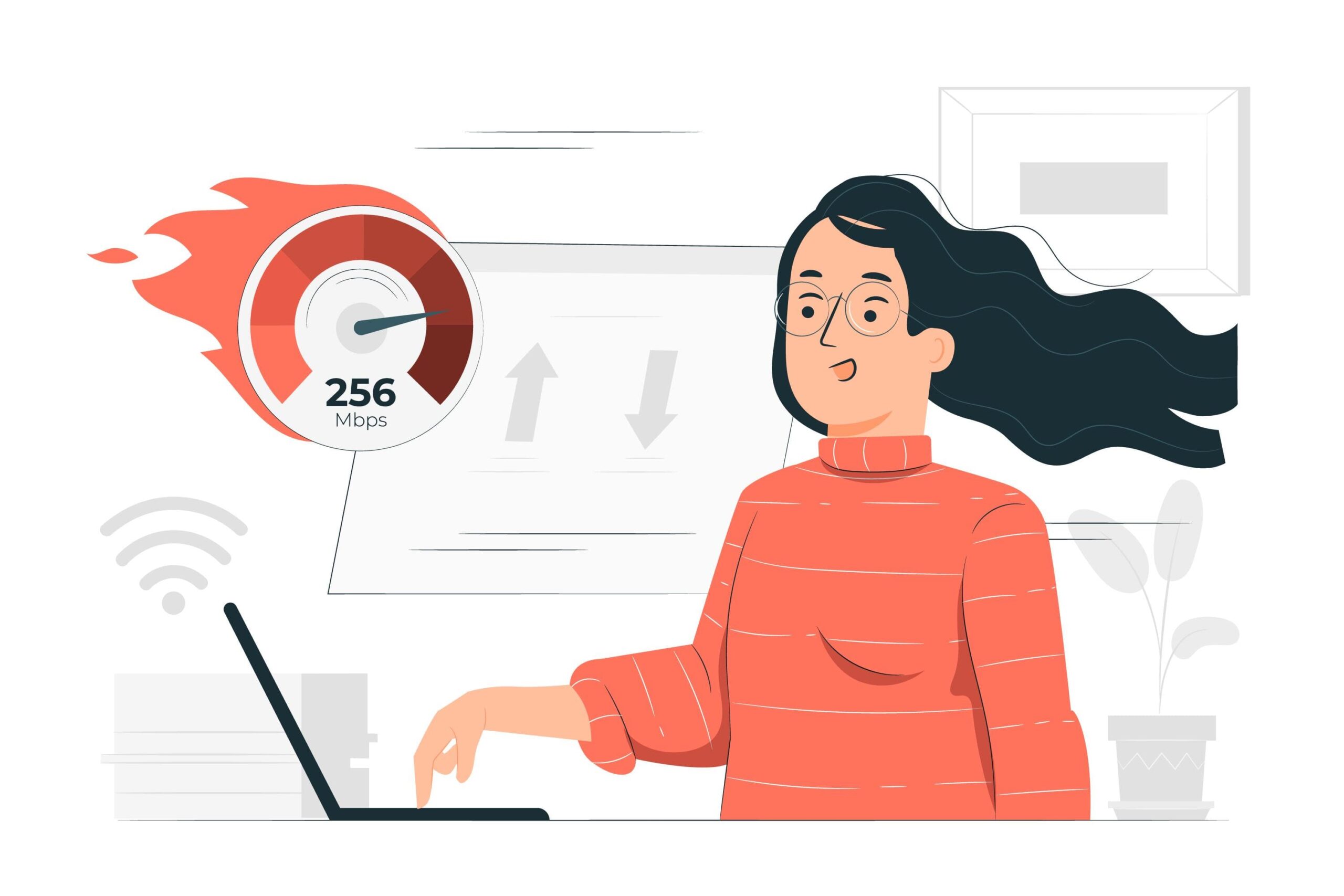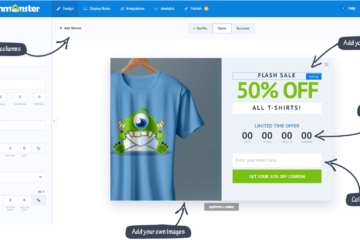Optimizing WordPress Website Speed: The Ultimate Guide
When one seeks to maximize the velocity of a WordPress website, it is imperative to delve into the intricacies of web performance optimization. It is a multifaceted discipline that involves a plethora of techniques and strategies, ranging from server-side caching to browser caching to image optimization, among others. The overarching goal is to ensure that the website loads rapidly and efficiently, with minimal latency or downtime.
Also Read: How to Build a Website From Scratch
Website Speed Not Only Technical Matter
However, it is also critical to acknowledge that website speed is not merely a technical matter but also a user-centric one. Slow-loading sites can be frustrating and discouraging for visitors, leading to increased bounce rates, decreased engagement, and ultimately, diminished conversions. Therefore, it is imperative to approach website speed optimization from an emotionally intelligent perspective, one that prioritizes the user experience and seeks to engender positive feelings and perceptions.
Furthermore, it is crucial to understand the contextual nuances of website speed. Different users and use cases may require different levels of performance optimization, and as such, a one-size-fits-all approach may not be sufficient. For instance, an e-commerce site that relies heavily on images may require more aggressive optimization strategies than a text-based blog. Thus, it is essential to tailor the optimization techniques to the specific needs and goals of the website.
Subjective and Personal Perspective
From a subjective and personal perspective, optimizing website speed can be a rewarding and empowering experience. It allows one to gain a deeper understanding of the technical underpinnings of the web and to wield that knowledge to enhance the user experience. Moreover, the tangible improvements in website performance can be a source of satisfaction and motivation, inspiring one to delve even deeper into the field of web development and optimization.
In conclusion, website speed optimization is a multifaceted, emotionally intelligent, and contextually nuanced endeavor that requires a personalized and subjective approach. By leveraging the latest optimization techniques and strategies and prioritizing the user experience, one can create a website that is not only fast but also engaging, rewarding, and impactful.
Also Read: Free Vs. Premium Plugins: What You Need to Know for Your WordPress Site
As the internet becomes increasingly competitive, website owners must focus on their website speed. A slow website can lead to a decrease in user engagement, which can ultimately lead to a decrease in conversions. Therefore, it is essential to optimize your WordPress website speed to improve your user experience and rank higher in search engines.
In this guide, we will provide you with all the necessary information you need to optimize your WordPress website speed. We will cover everything from why website speed is important, to how to test and improve your website speed, and finally, how to maintain optimal website speed.
Why is website speed important?
Website speed is an essential factor in determining the success of your website. A fast website leads to a better user experience, which can lead to higher engagement, more page views, and ultimately more conversions. Additionally, website speed is a crucial factor in search engine ranking, as faster websites are more likely to rank higher in search engine results pages (SERPs).
How to test your website speed?
Before you can optimize your website speed, you must first know how fast your website is. There are several tools available to test website speed, including Google PageSpeed Insights, GTmetrix, and Pingdom. These tools will analyze your website and provide you with a report detailing your website speed and performance.
How to improve your website speed?
Choose a reliable hosting provider – Your hosting provider plays a significant role in determining your website speed. Therefore, it is essential to choose a reliable hosting provider that can provide fast and reliable servers.
Use a lightweight theme – The theme you choose can also affect your website speed. Therefore, it is important to use a lightweight theme that does not have too many features or customization options that can slow down your website.
Optimize images – Large images can significantly slow down your website. Therefore, it is essential to optimize images by compressing them and reducing their size.
Minimize HTTP requests – HTTP requests occur when a user visits your website, and their browser requests resources from your server. The more HTTP requests your website has, the slower it will be. Therefore, it is essential to minimize HTTP requests by reducing the number of resources your website needs to load.
Use a caching plugin – A caching plugin can significantly improve your website speed by caching static files and reducing the number of HTTP requests required to load your website.
Minimize CSS and JavaScript – Large CSS and JavaScript files can also slow down your website. Therefore, it is essential to minimize CSS and JavaScript files by removing unnecessary code and optimizing them for faster loading.
Use a Content Delivery Network (CDN) – A CDN is a network of servers that can cache and deliver your website’s content from a server closer to the user, improving website speed and reducing latency.
How to maintain optimal website speed?
Optimizing your website speed is not a one-time process. To maintain optimal website speed, you must regularly monitor and update your website. This includes regularly updating your plugins, themes, and WordPress core. Additionally, it is essential to regularly optimize your images and minify your CSS and JavaScript files.
Conclusion
In conclusion, optimizing your WordPress website speed is crucial to your website’s success. A fast website leads to a better user experience, higher engagement, and ultimately more conversions. By following the tips outlined in this guide, you can improve your website speed, rank higher in search engine results pages, and achieve online success.
FAQs
Q: How do I know if my website is slow?
A: You can use tools such as Google PageSpeed Insights, GTmetrix, and Pingdom to test your website speed.
Q: Why is website speed important for WordPress websites?
A: Website speed is crucial for WordPress websites because it affects user experience, search engine rankings, and conversion rates. Slow loading times can cause visitors to leave the website and negatively impact SEO rankings.
Q: How can I improve the speed of my WordPress website?
A: There are several ways to improve the speed of a WordPress website, including optimizing images, using caching plugins, reducing the number of HTTP requests, minifying CSS and JavaScript files, and using a content delivery network (CDN).
Q: What is a caching plugin and how can it help speed up my WordPress website?
A: A caching plugin creates static versions of dynamic pages on a WordPress website, reducing the amount of time it takes for the server to deliver the page to the user.



